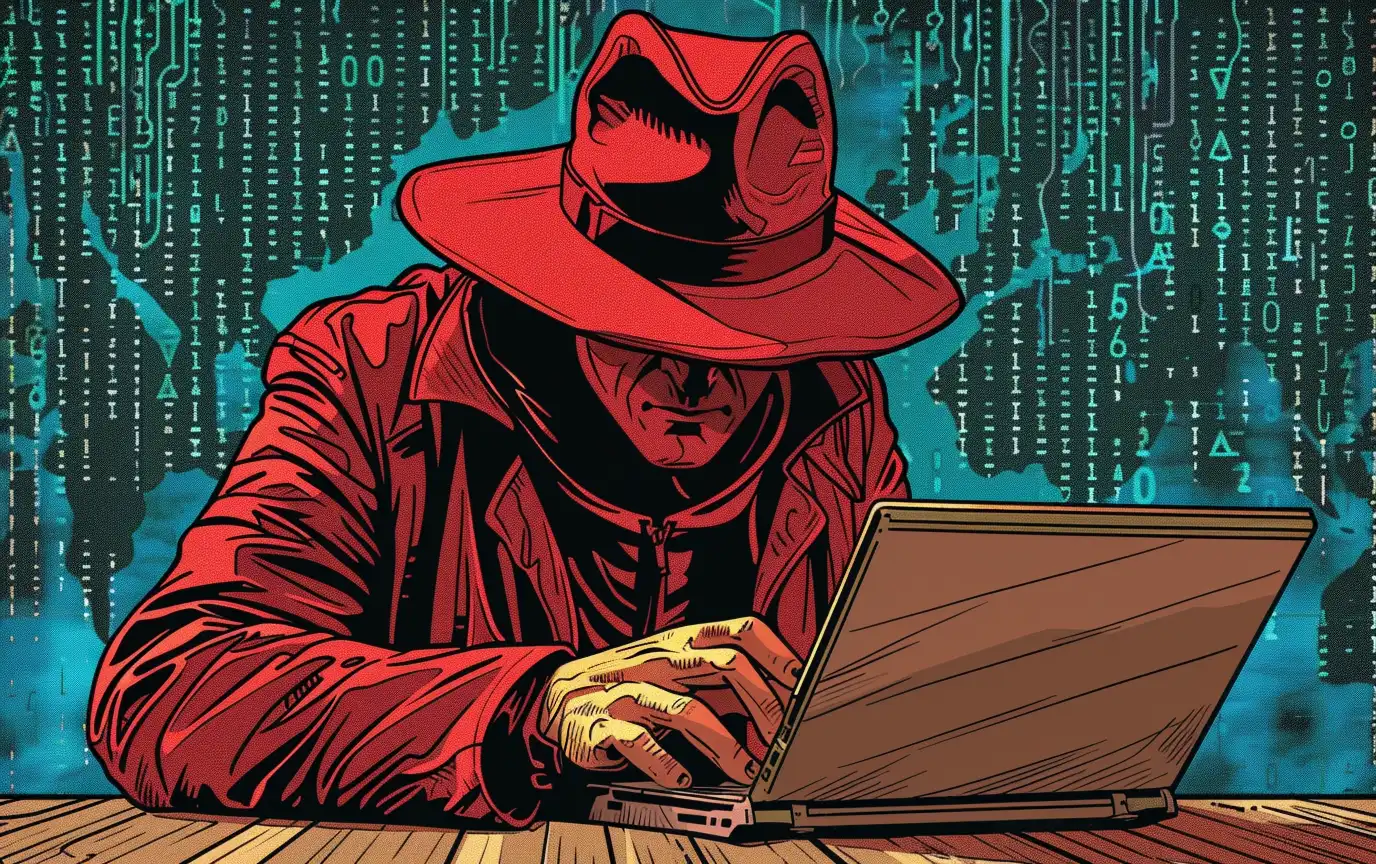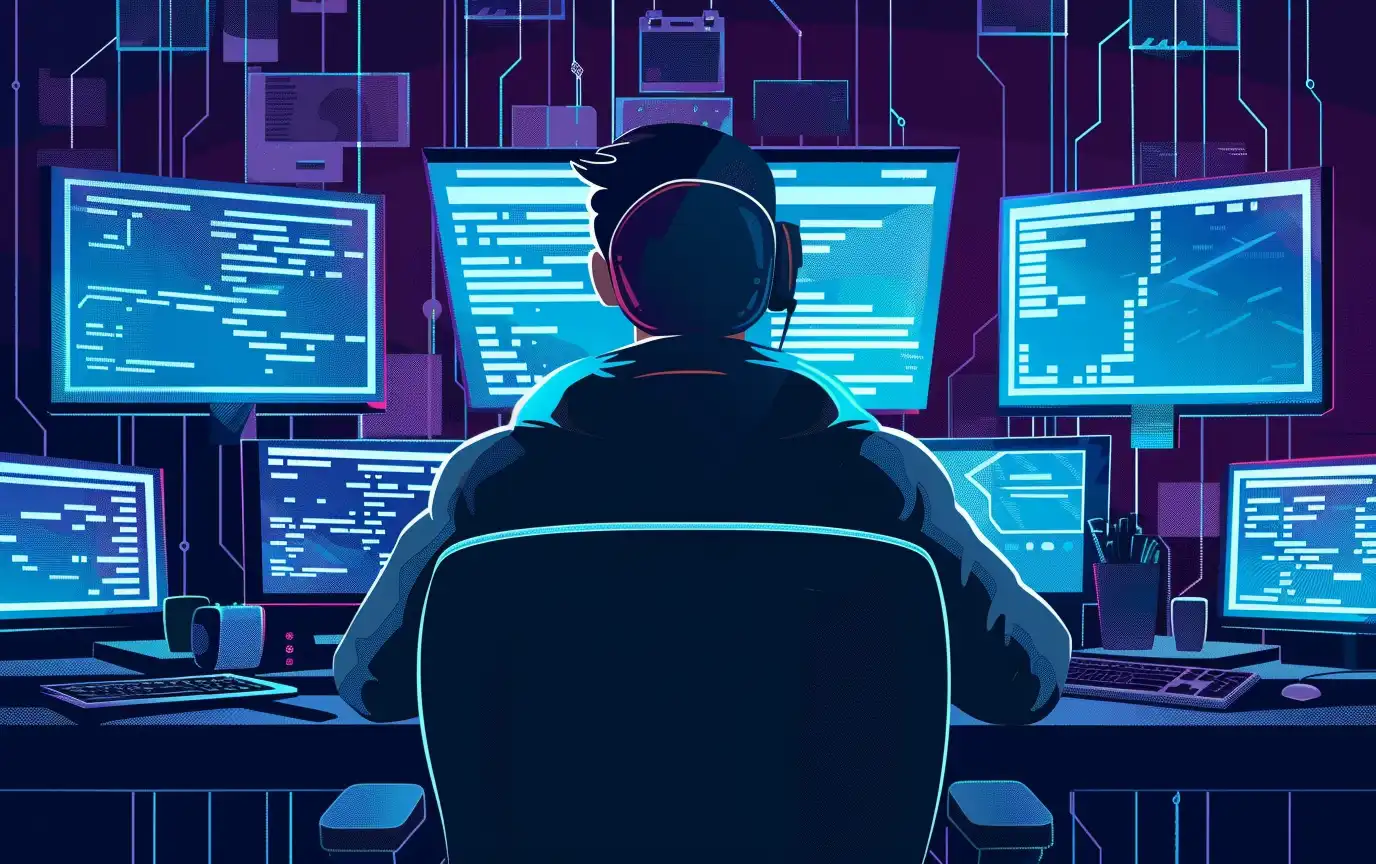
Subscribe Here and Stay Up to Date
July 09, 2024


In our ever-evolving digital world, cybersecurity has become a paramount concern. With this surge in online activity, an intriguing and essential role has come to the fore - that of ethical hackers. This post will explore the career opportunities and challenges in the exciting field of ethical hacking, providing an insightful guide for those considering this cybersecurity profession.
Ethical hacking, often termed 'white hat' hacking, involves licensed hacking into systems to identify potential vulnerabilities. These professionals work to protect systems by exposing and fixing weaknesses before malicious hackers can exploit them. It's a proactive approach to cybersecurity, requiring a deep understanding of potential threats, the ability to think like a potential attacker, and a consistent commitment to staying updated with the latest in cybersecurity.
A career in ethical hacking can be highly rewarding. The field offers numerous opportunities for continuous learning, problem-solving, and making a significant impact in protecting sensitive data. It's a role that demands creativity, technical expertise, and a strong ethical stance. The increasing reliance on digital systems across industries ensures a growing demand for these skills.

The demand for ethical hackers spans across sectors, including government agencies, financial institutions, healthcare industries, and tech companies, among others. Job roles can range from Information Security Analysts to Certified Ethical Hackers, Security Consultants, and Penetration Testers. Depending on the role, ethical hackers may conduct penetration testing, perform vulnerability assessments, or create security policies. These professionals often work in teams, collaborating closely with other IT and cybersecurity professionals. With the rise of remote work, many opportunities also exist for freelance or remote ethical hacking positions, offering flexibility in work arrangements. Advancement opportunities abound, with the potential to climb the ranks to roles like Chief Information Security Officer.

A career in ethical hacking typically requires a bachelor's degree in computer science, information technology, or cybersecurity. Some roles may require a master's degree or specific certifications like Certified Ethical Hacker (CEH) or Offensive Security Certified Professional (OSCP). In addition to formal education, ethical hackers need a strong understanding of programming languages, operating systems, and network protocols. Critical thinking, problem-solving skills, and a constant thirst for knowledge are essential in this ever-evolving field.
Like any career, ethical hacking presents its own set of challenges and opportunities. The job can be high-pressure and requires ongoing learning due to the rapidly changing nature of cybersecurity threats. However, the field offers substantial rewards, including high earning potential, the opportunity to continuously grow and learn, and the satisfaction of making a significant impact in protecting critical systems and data.
In conclusion, a career in ethical hacking offers a unique blend of challenges and rewards. For those with a penchant for problem-solving, a deep understanding of technology, and a desire to safeguard our digital world, ethical hacking could be a fulfilling career path. As the landscape of cybersecurity evolves, so too will the opportunities for ethical hackers.